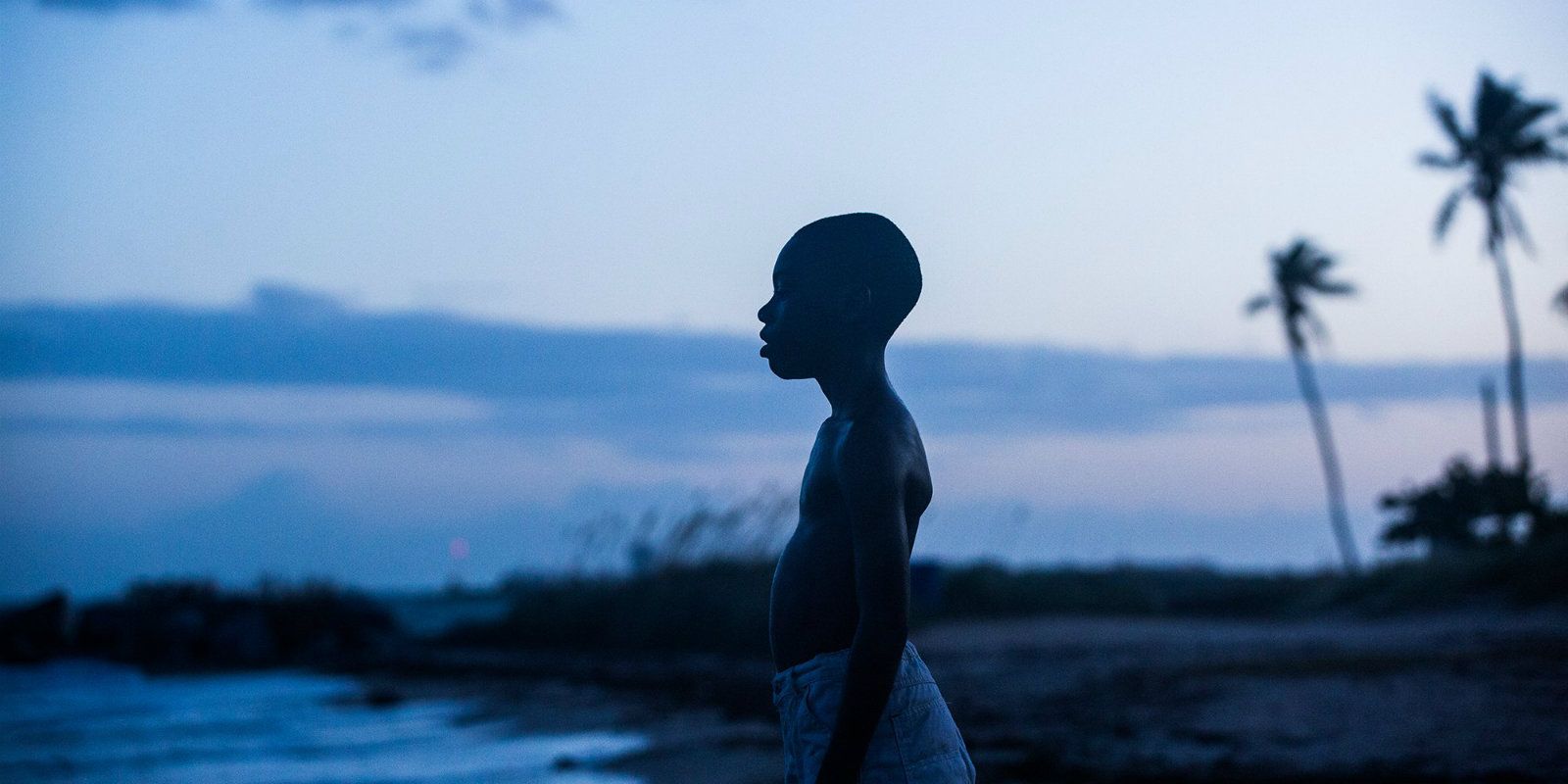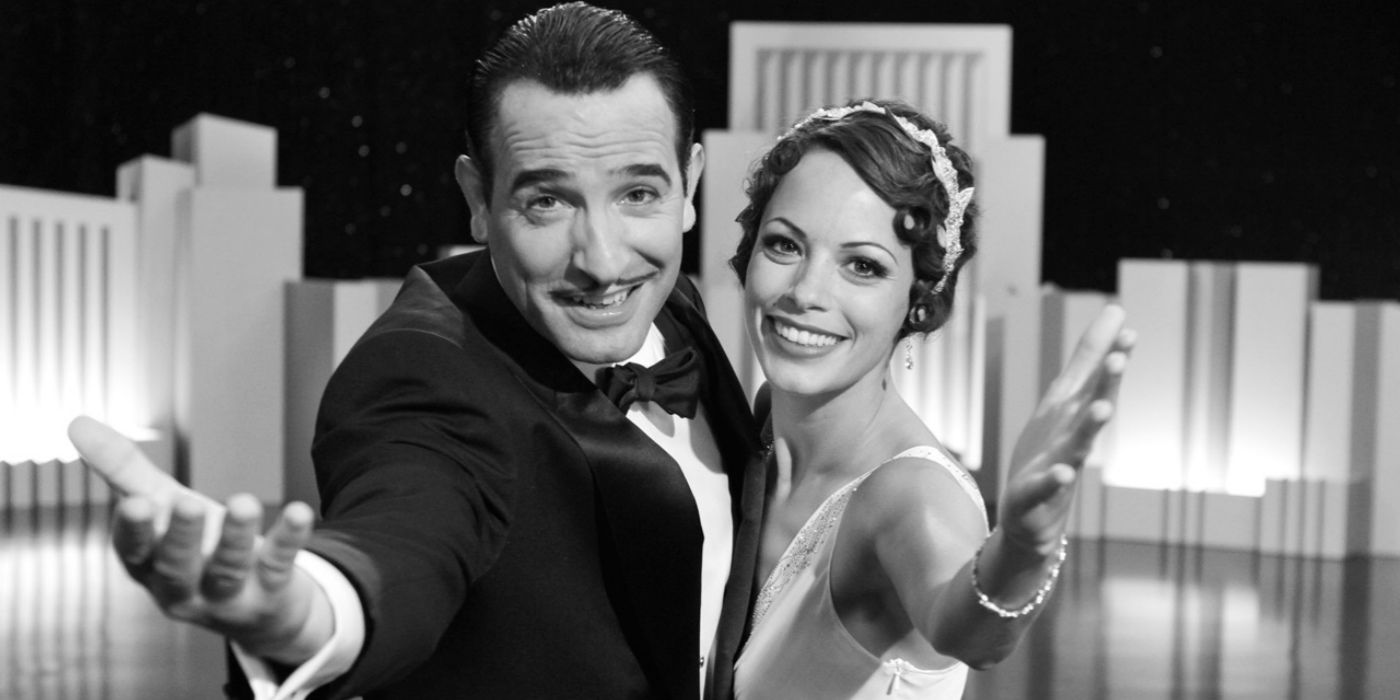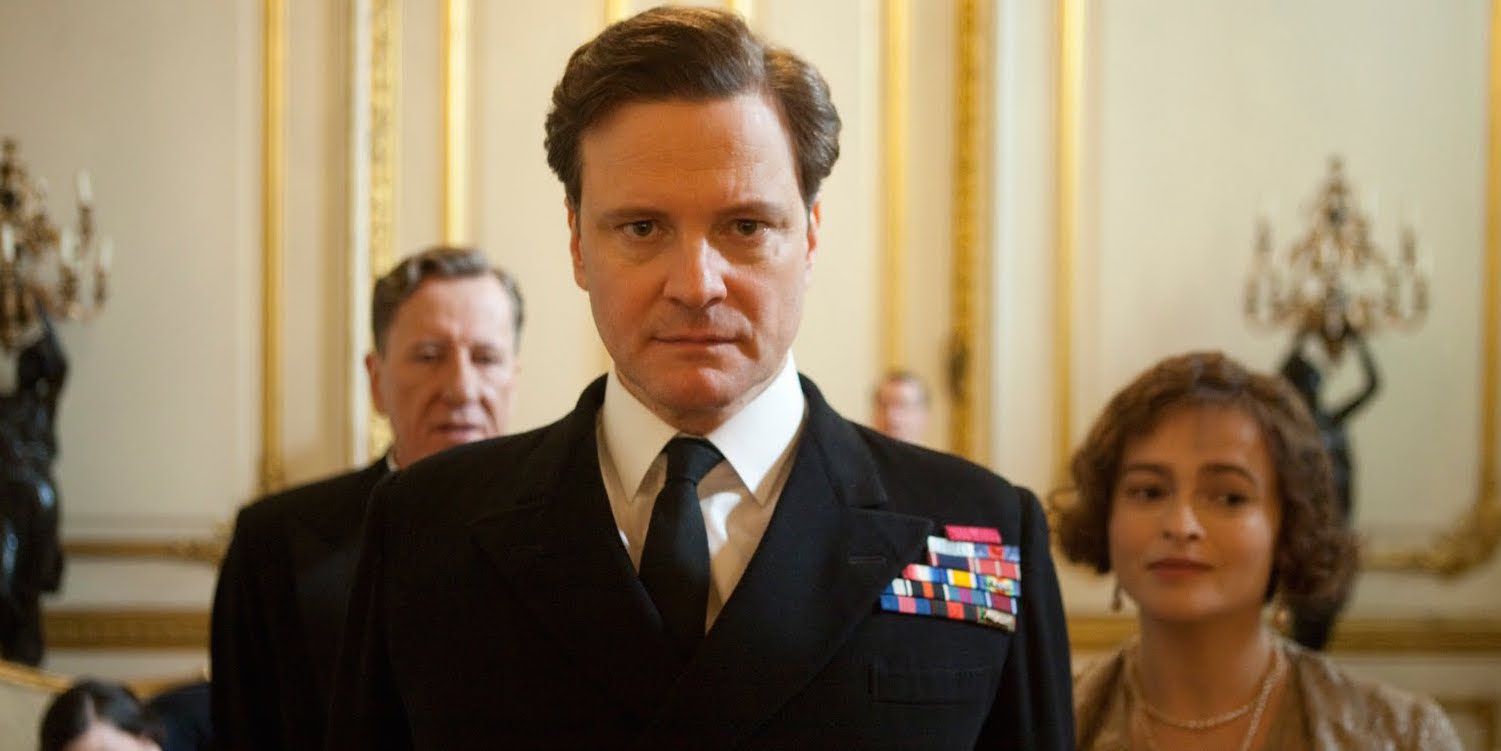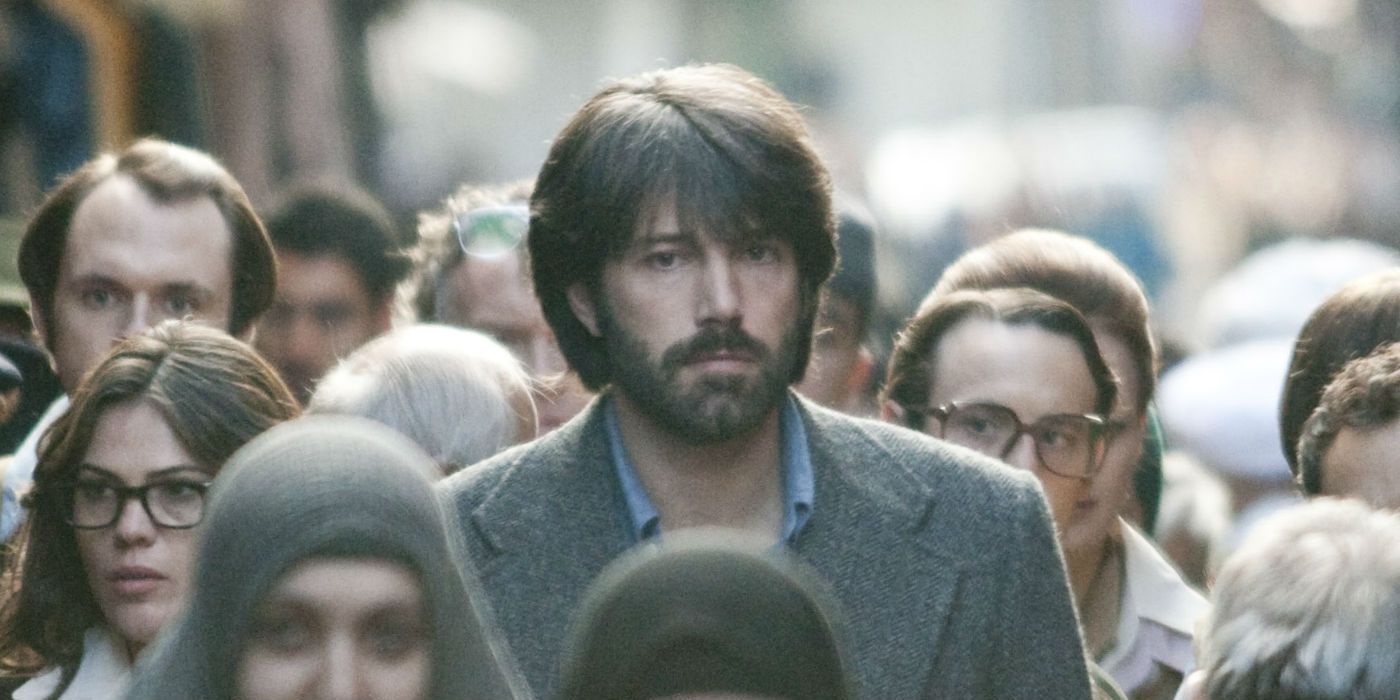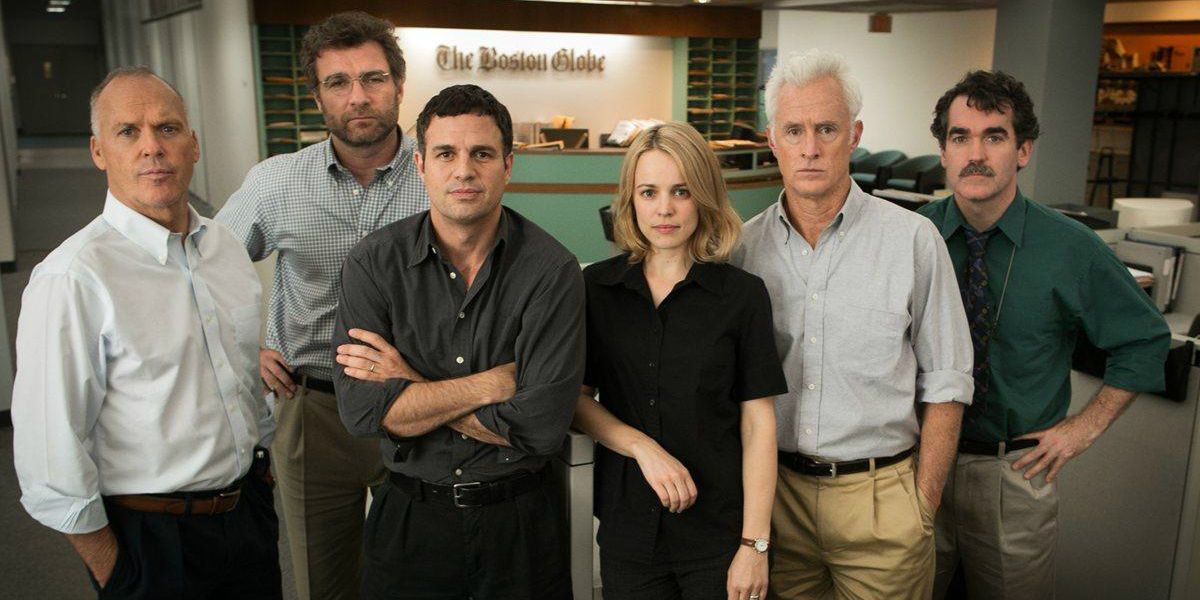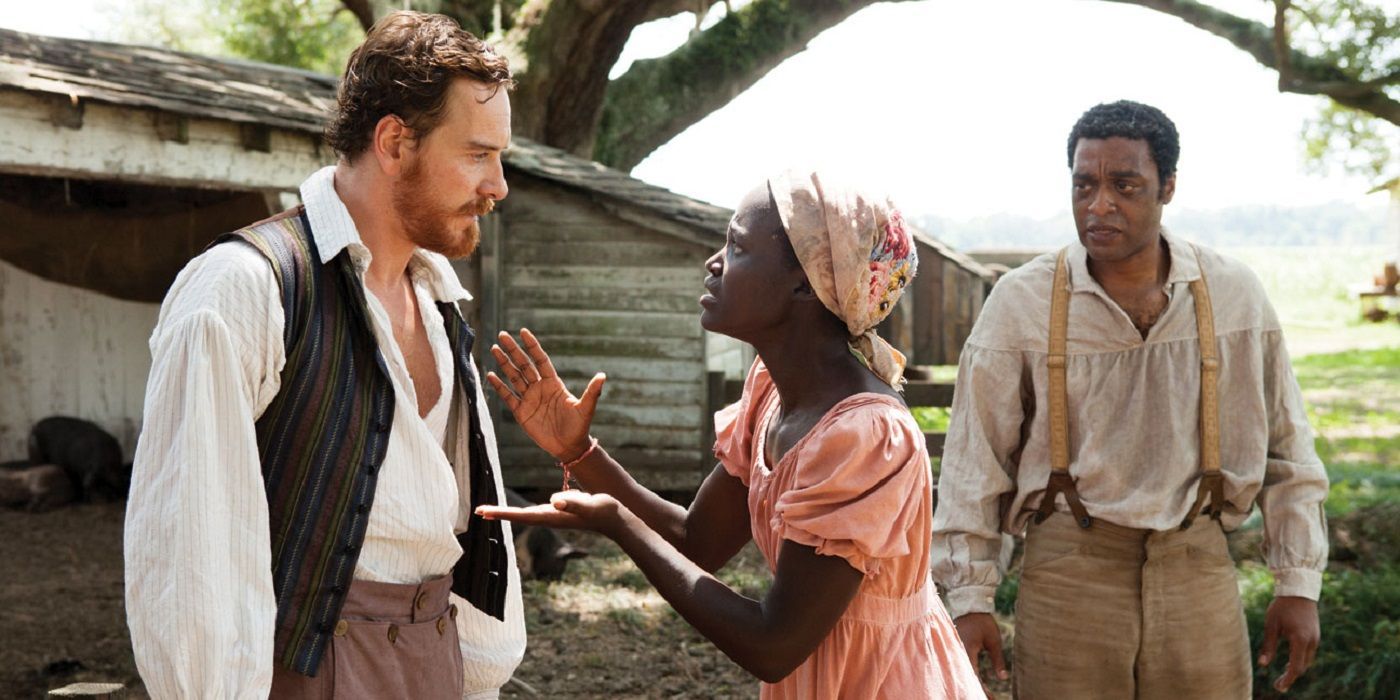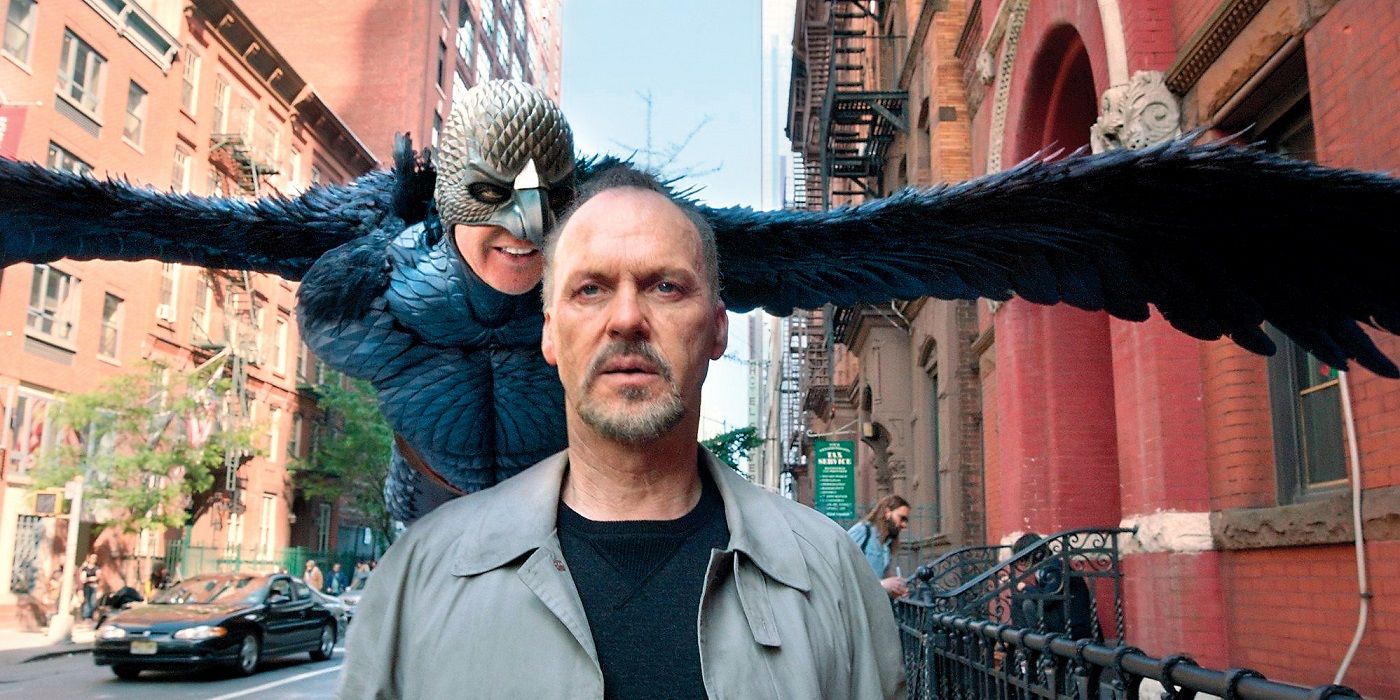The shock still hasn't worn off from Sunday's Oscars, where Moonlight took Best Picture after La La Land had mistakenly been announced as the winner. Moonlight won Best Picture in an era where the best Oscar prognosticators are being stumped by the ever shifting landscape of how these awards are won and determined. Looking at the decade so far, Best Picture Winners have ranged this decade from the conventional to the artistically challenging.
So where does Moonlight rank amongst recent Best Picture winners? Let’s take a look at the Best Picture winners, in the order of how history will likely remember them, from least to most remembered.
The Artist (2011)
Of the various films that have won best picture this decade, The Artist is the film that will probably be remembered the least - only brought up when people want to talk about Hollywood rewarding itself, or it being a prototypical Best Picture winner. These arguments are not indicative of the quality of the film, however, as how many black and white silent films shot in Academy ratio have won Best Picture? In a way, this win showed that the Academy was starting to lean towards more highly stylized, director-driven films.
The Artist will be the film to rag on now, but it cleaned up on its way to winning five Oscars including Best Picture, taking 92 wins on the season, and there really wasn’t a close second to this film. Still, because the film is not particularly challenging in terms of style or subject, it takes the bottom placement.
The King's Speech (2010)
The decade got started off with rather interesting win as The King's Speech won Best Picture. It barely stays from being in the last place of Best Picture winners by virtue of it being a lightning rod for conversation.
In all of Oscar history, The King’s Speech is not a bad winner, per say, it got 12 nominations, made $400 million at the box office (a blockbuster by today’s BP standards), and won every guild award. On the other hand, it beat Inception, The Fighter, The Social Network, Black Swan, etc. In a year that saw critical favorite directors doing their best work, a period piece taking the top prize is tough to swallow. Additionally, it was the second least awarded winner on this list, only Argo won fewer awards season prizes.
What The King’s Speech did announce to us was that the decade’s Best Picture winners wouldn’t win that many Oscars. It also only won 4 Oscars despite a huge nomination tally, indicating that the Academy’s changing membership was having an effect and the expanded Best Picture lineup would force them to look and consider more films.
Argo (2012)
Lost in the shuffle when discussing Best Picture winners recently has been Argo, and it's not hard to see why. Argo is an endlessly entertaining and taut film, very much a product of the studio style of filmmaking that would find a place in any era. It is also the least awarded of the Best Picture winners so far, receiving 47 wins - not surprising given that Argo is not a film that leans inherently towards critics awards.
In 2012, Argo was going to be heading into a strong showdown with Lincoln, but Ben Affleck not being nominated for Best Director generated a wave of sympathy for the film that had a decent amount to do with its win. It won three Oscars, just like Moonlight and 12 Years a Slave, and just like in other years, came in second after the big technical winner, Life of Pi.
Argo is going to end up being the perfect middle ground anchor of the Best Picture winners this decade, because it fits so neatly into how movies these win Best Picture. Strong narratives are important, as is not having a movie that people hate. Moonlight very much shares that with Argo, both films placing high on preferential ballots, as neither had strong detractors.
Spotlight (2015)
Spotlight became the first Best Picture since The Greatest Show on Earth (1953) to win fewer than three Oscars, but Spotlight, even with that low winning total, ranks highly by virtue of its impeccable credentials. The movie’s 69 awards wins may seem small, but it was up against critical cause and box office hit Mad Max: Fury Road. Spotlight is a movie that is virtually free of flaws, and because the Academy votes on a preferential ballot, it could easily live on as a well admired winner. Other than having “light” in its title, Moonlight probably owes a good debt of gratitude to this movie for continuing to chip away at the bigger studio dominance. Open Road and A24 winning Oscars for Best Picture would have been unheard of a while ago, but the little guys can rise up and win.
12 Years a Slave (2013)
There were so many rumblings around 12 Years a Slave that the film was too brutal, too long, too everything to win the Oscar. Everyone doubted the film until it won Best Picture at the Oscars, despite it being far and away the most awarded Best Picture of the decade so far, and it won or tied at every single big awards show. Gravity is still a technical marvel, but by awarding 12 Years a Slave, the Academy made a move to honor a high art period piece. This film is akin to Moonlight in that both are films that have largely Black casts and were made by Black filmmakers. There’s also the Plan B connection, with Dede Gardner winning an Oscar for both films.
Birdman (2014)
When Birdman won Best Picture, it was unlike anything most people had ever seen and would have been the most atypical winner of the decade so far if not for Moonlight. The one take style and drum based score/dialogue movie with an original script doesn’t really scream Oscar, but it cemented that the subtle shifts in the membership of the academy was having an effect on the voting. Of course it wasn’t the only reason that it won, it had the kind of broad industry support most films dream of, winning at PGA, DGA, SAG, and 119 other prizes that year. It also shattered the myth that an Oscar contender had to have certain categories, such as Editing, in order to win Best Picture.
Moonlight (2016)
Moonlight, so far, is the decade's most atypical winner, and its best. It's not shocking that a film with fewer nominations beat the one with more nominations. But in each and every case there were clear signs that the film was going to take the crown, such as 12 Years a Slave's Best Picture related win at every major voting body that gives a Best Picture, Birdman’s industry dominance, etc. Moonlight claimed the Best Picture at the Golden Globes and Spirit Awards, to go along with its critical wins, but La La Land had a record tying 14 nominations, a huge box office, and had won PGA and DGA awards.
Moonlight is the third most awarded Best Picture of the decade, with 117 prizes, and yet it joins Braveheart as the only films to lose PGA, SAG, and DGA, and win Best Picture. Moonlight’s win can definitely be seen as one for film’s quality and the strength of preferential balloting to the race. Moonlight is simply a film that no one hated, a key element to winning Best Picture. Still, it’s surprising because there’s nothing you can really compare it to; it’s a contemporary drama about a queer Black person of color, made on a shoestring budget of $1.5 million. It’s crazy it even got nominated, let alone won.
Where would you rank Moonlight amongst the decade’s Best Picture winners?

